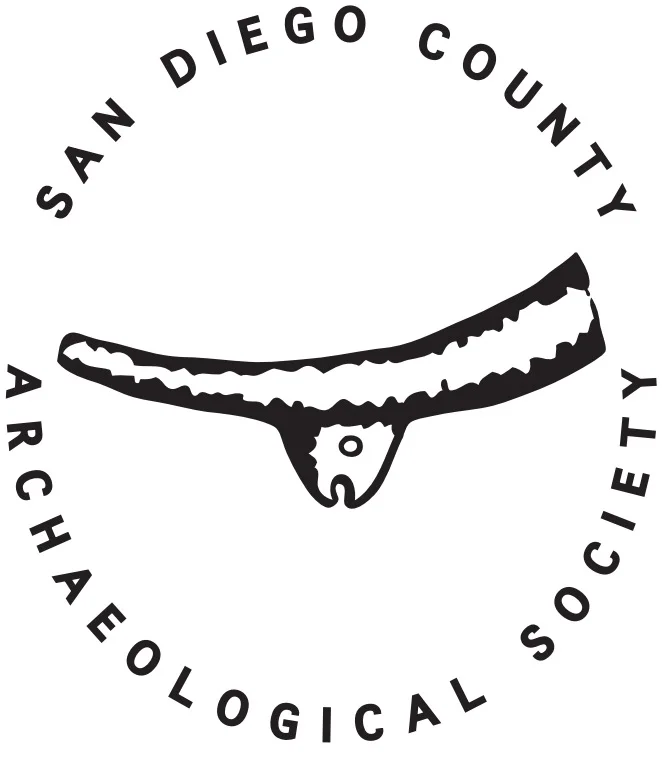John O’Connor, RPA
University of Oregon and ECORP Consulting, Inc.
The Society Islands are of primary importance for understanding settlement patterns and human impacts among initial colonizing populations in East Polynesia. Archaeology on the island of Raiatea serves multiple roles in terms of academic research, archaeological and ecological conservation, and cultural education for island residents. Excavations at the megalithic Marae Tainuu have revealed changes in land use that are instrumental to understanding environmental and social change in the area of Tevaitoa, including pre-contact and post-contact effects on the coastal landscape analogous to other areas of the Leeward Group. The exposure of early architecture, hearth features, subsistence remains, and evidence for the manufacture and use of lithic tools gives insight into the spatiotemporal organization of human activity at this important heritage site. Ongoing research at Tevaitoa is helping to define the history of human activity at western Raiatea with consequences for local environmental management and community outreach. This work contributes to archaeological knowledge in Central East Polynesia, a corpus of information from which we can establish an archaeological baseline for human occupation at Raiatea and expand global knowledge of human-environmental interactions in island and coastal contexts.
John O’Connor is a Registered Professional Archaeologist, a Ph.D. candidate and Instructor at the University of Oregon Department of Anthropology, and the Cultural Resources Specialist for ECORP Consulting, Inc., in San Diego, California. His dissertation work concerns settlement chronology and human impacts on coastal ecosystems at Raiatea, Leeward Society Islands, French Polynesia. John works on professional resource management projects throughout California and the Hawaiian Islands, in addition to teaching and research activities in Oregon, French Polynesia, and the Kingdom of Tonga. John passionately supports the ethical management of natural and cultural resources, with supplementary interests in indigenous philosophy, traditional ecological knowledge, natural resource law, and environmental conservation and protection.
